First of all, the word "xa" (蛇) of Chinese origin is an ancient word, appearing in the Oracle Bone Inscriptions of the Shang Dynasty. This word originally means a long, round, scaly animal without claws, later used to refer to a "reptile" ( National Language. Wu Language ) or "snake" ( Hong Ki. Ngu Hanh Chi ) or symbolizes the emperor ( Zuo Zhuan by Zuo Qiu Ming of the Spring and Autumn Period).
In China, xà (蛇) is also the name of a star: Xà Thừa Long (dragon-riding snake) and Đằng Xà - a group of 22 stars ( Jin Shu. Astronomy Records ); or the name of a mountain (according to Du Yu of the Western Jin Dynasty). Xà (蛇) is also used to describe "zigzag movement" ( Historical Records. Su Qin's biography ) or "following a winding path" ( Shui Jing Zhu. Huai Shui ). In dialect, xà means "water mother" (jellyfish), and another pronunciation is sá .
In ancient texts, we also encounter phrases such as: mong xa (dreaming of a snake, meaning giving birth to a daughter); uy xa (walking wriggling like a snake); xa hanh (crawling on the ground like a snake, meaning fearful actions); xa thiet (snake tongue, meaning evil words) or xa ý (snake and centipede, meaning evil people)...
In addition, there are other Sino-Vietnamese words also called xà , for example: xà (鉈: short-handled spear); xà (闍: platform on the city gate); xà (揲: counting and dividing the number of grasses to tell fortunes) or transliterated words from Sanskrit: xà lê (闍梨: monk); a xà lê (阿闍梨: monk) - Sino-Vietnamese Dictionary .
In the Nom script, xà (柁) means "a horizontal bar attached to the two ends of a column, used to support the roof" or xà (蛇) in xà bèo (a cloth that ties pants to the shins), xà tích (a sausage-shaped jewelry). There are also xà xeo (to trim); xà nguc (to mess up); xà beng (to lever). In terms of plants, xà appears in xà ma (a substance used to make beer and wine); xà mai (mulberry); xà căn thảo (devil pepper).
In terms of the National Language (today's Vietnamese), the word "xa" commonly means snake, which was recorded in the Annam Pha Lang Sa Dictionary by JMJ, published in 1877, p.886. This book also provides words that are rarely used today such as: ca xa (squale, chien de mer), meaning dogfish or shark; xa cho mat kiep (opprimer) means "oppression, suffocation, repression"; xa bu (triden de pêche) is a fish spear. In addition, the Great Vietnamese Dictionary by Nguyen Nhu Y also explains xa bu as "young buds" ( a tree that has just sprouted xa bu ) or "stubborn, stubborn" ( That xa bu is afraid of no one ). In addition, there are words such as cay xa mai (le fraisier), lac xa dieu (l'autruche) in Petit Dictionnaire Annamite- Français (1904) by P.G.VALLOT.
In general, in addition to the Nom characters for the word " xa " and transliterated words such as "xạ bong" ( sabaão - Portuguese) or "xà lim" (cellule - French)..., in Vietnamese there are also Chinese-origin " xa " words, originating from the Tang Dynasty's phonetic system, introduced into Vietnamese around the end of the 10th century, including idioms and proverbs, such as: "hu dau xa vi" , talking about a strong start but a weak end or "da xa da that thon" , meaning to hit a snake, you need to hit its weak point ( that thon ), a metaphor for grasping the key, the key to successfully accomplishing something.
Source: https://thanhnien.vn/lat-leo-chu-nghia-nam-con-ran-ban-chu-xa-185250207201821709.htm







![[Photo] Binh Trieu 1 Bridge has been completed, raised by 1.1m, and will open to traffic at the end of November.](https://vphoto.vietnam.vn/thumb/1200x675/vietnam/resource/IMAGE/2025/10/2/a6549e2a3b5848a1ba76a1ded6141fae)
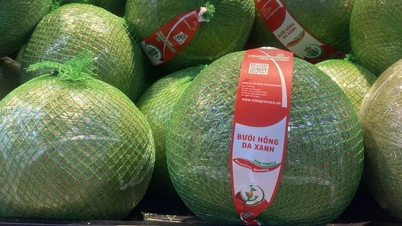

















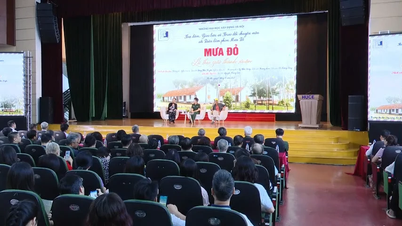








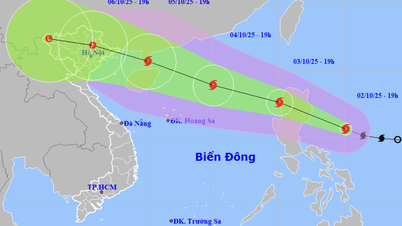
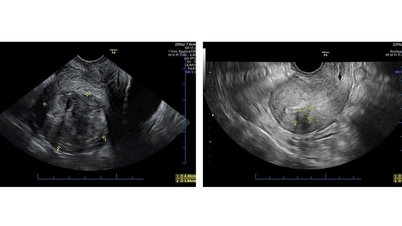










































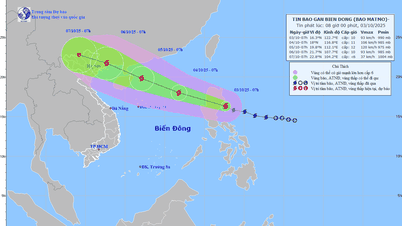






















Comment (0)